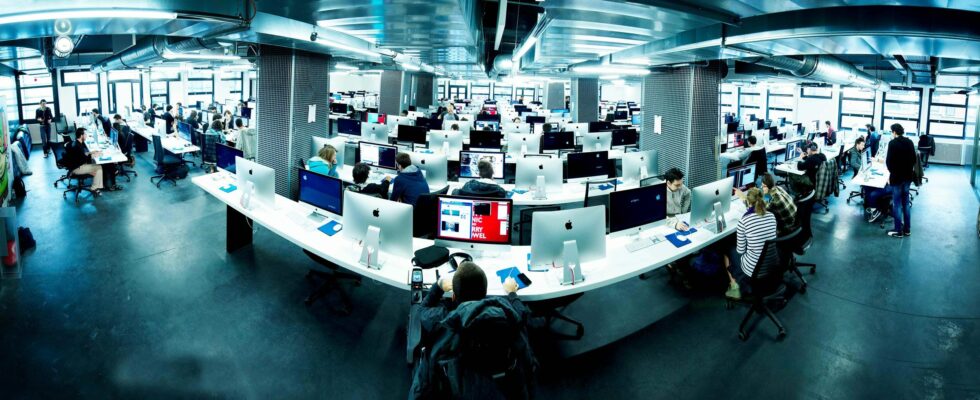On January 15, registrations begin on Parcoursup, a major issue for high school students and a source of concern for parents. It’s difficult, in fact, to be sure of one’s direction when higher education offers more than… 23,000 courses. Don’t panic! In this special report, L’Express presents you with some keys to help you find your way.
Training courses continue to diversify and make orientation a new source of anxiety, particularly for parents. The latter, often more stressed than their children, struggle to support their choices. “The disappearance of traditional pathways made them lose their bearings, which generated additional anxiety,” explains Hector Balas, founder of Impala, a support tool that helps young people to know themselves better and ask themselves this question. essential: “Who am I and what do I want to become?” An uncertainty further amplified by the rise of artificial intelligence: by 2030, three out of five professions should see at least 30% of their activities automated…
However, students would not be so worried about the future. “They are impatient, motivated and above all seek to give meaning to their career,” says Léon Laulusa, general director of ESCP. The ambition of this “heroic generation” would not only consist of succeeding, but also of improving society. To support them, ESCP does not simply transmit technical knowledge. Above all, it seeks to develop the famous human skills (soft skills) and atypical qualities. It could be exceptional focus, extraordinary creativity or an above-average ability to adapt to change, the latter being one of the most sought after by recruiters, according to a recent study from AssessFirst.
Flexibility, an “asset for the future”
Learning to learn is therefore the key to future employability, whatever the emerging professions. “The more we study, the more we become able to study,” emphasizes Léon Laulusa. “Our teachers work to instill this flexibility. They encourage critical thinking, discernment and the ability to challenge tools like ChatGPT. It is not just a question of acquiring knowledge, but of knowing how to deconstruct it before reconstructing it. It is this flexibility which, ultimately, becomes their best asset for the future.”
Same echo at Xavier Niel’s School 42, where IT developers are trained to reinvent themselves, to develop their curiosity and their ability to collaborate. “We don’t just teach a profession; we explain how to create the conditions for your own employment and how to gain self-confidence,” emphasizes its director, Sophie Viger. Often described as “revolutionary”, the school’s teaching method is actually inspired by theorists such as Joseph Jacotot or Maria Montessori, and allows young people to acquire this key skill, which comes back like a refrain: “Learn to learn “. “Computer science is a growing but evolving sector, where technologies evolve at full speed. Our students are prepared to adapt to the changes that will undoubtedly occur during their professional careers.”
If the exact definition of the professions of tomorrow still remains vague, Léon Laulusa likes to put forward hypotheses: responsible for decarbonization compliance; teleworking coordinators; experts in human-robot interaction and why not ethicists in artificial intelligence… So many new functions which demonstrate the profound impact that technology and sustainable development will have on the labor market in the coming decades. To prepare as best as possible, the dean of ESCP recalls that in a rapidly changing world, interpersonal skills will become real know-how. Humans will therefore retain their role to play in the professions of the future. AI or not.
.
